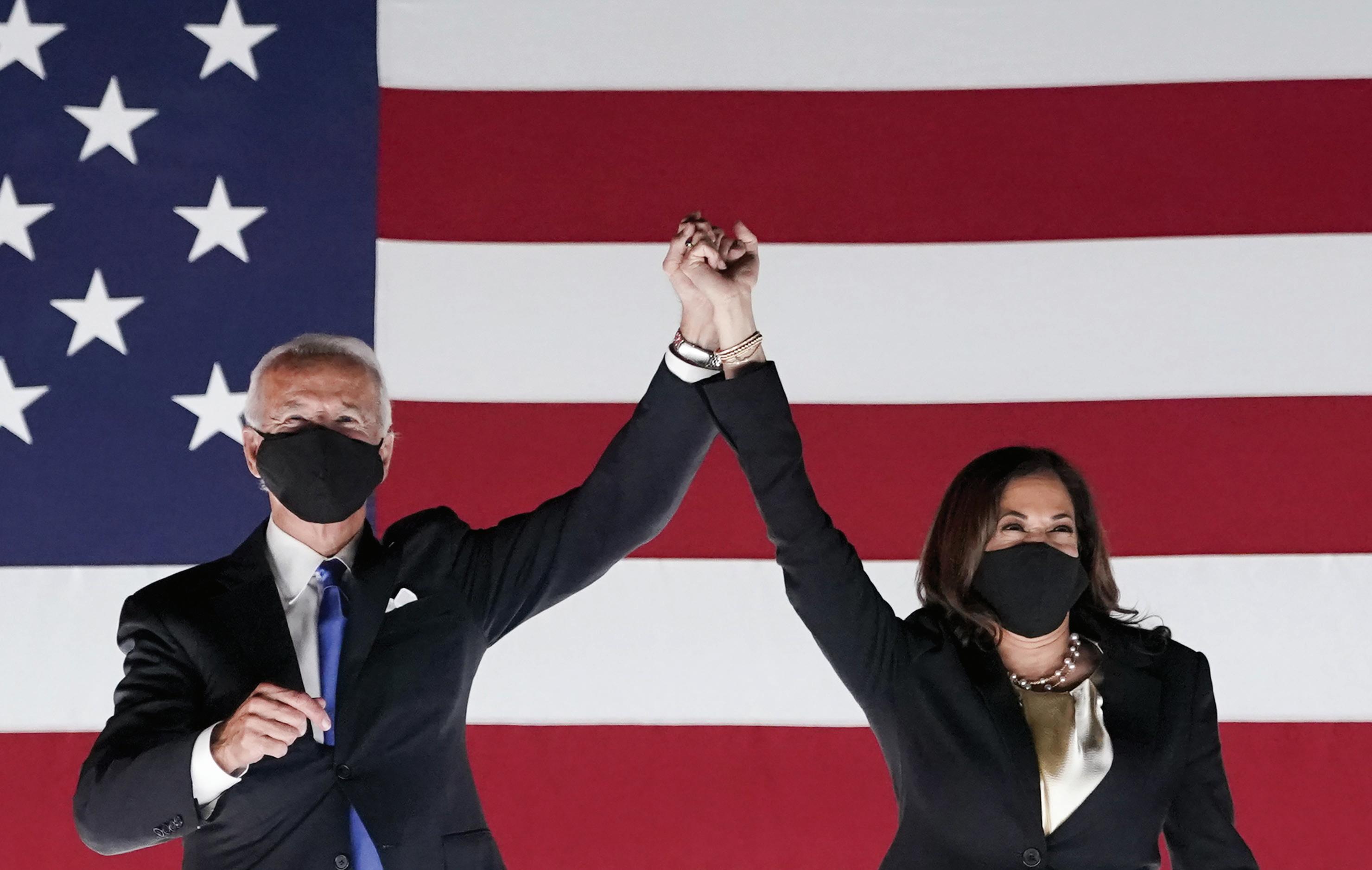ADVANCING RACIAL JUSTICE
Photo: Kevin Wolf / AP
by Alberto Morales he/him pronouns
2020 will be remembered as the year when the entire world was forced to reckon with the fight for racial justice in meaningful and transformational ways. This year, the Human Rights Campaign has deepened our work in this space in a number of ways, serving to make the organization’s mission more diverse, equitable and inclusive than ever before. “See yourselves in each other.” That was the challenge that HRC President Alphonso David offered to the HRC community during an inaugural address in July 2020. He invited us all to use radical empathy to bridge divides that exist within the LGBTQ community and those that exist between the LGBTQ movement and other civil rights movements. He further crystallized HRC’s new direction last September in a USA Today op-ed titled “Human Rights Campaign hasn’t always defended LGBTQ people of color - we’re changing that.” The op-
ed was a clear and public statement of our goals, providing a roadmap to help guide HRC’s work and ensure that we would be held accountable. Little did we know that 2020 would demand action on all of these promises and then some; action on which HRC was more than eager to deliver. One of the first steps that HRC took soon after David’s arrival was to make four critical hires: Tori Cooper as director of community engagement for the Transgender Justice Initiative, Michael Vazquez as director of HRC Foundation’s Religion and Faith Program, Jason Starr as litigation director and Elizabeth Bibi as senior advisor for communications. Concurrently, also in the spirit of expansion for the sake of increasing touchpoints with new communities, HRC opened two satellite offices in New York and Los Angeles. But within a few short months, the COVID-19 crisis — and the protests following the deaths of George Floyd and Breonna Taylor at the hands of police officers — changed everything.
In May, the world was banging on the doors of all institutions to do more for racial justice, and we doubled down on our efforts. That same month, we sprung into action and drafted a letter, citing the need for LGBTQ organizations to center racial justice in their work. So far, more than 800 LGBTQ and civil rights organizations have signed on, making explicit commitments to embrace anti-racism and end white supremacy, not as necessary corollaries to our missions, but as integral to the objective of full equality for LGBTQ people. This is incredibly significant because these organizations are saying — some for the first time — that they will center racial justice in their core work. But the moment demanded more of us, and so began a rapid succession of a great number of anti-racism efforts at HRC. In June, through the Leadership Conference on Civil and Human Rights, continued on p. 23
WWW.HRC.ORG
SUMMER 2020
21













